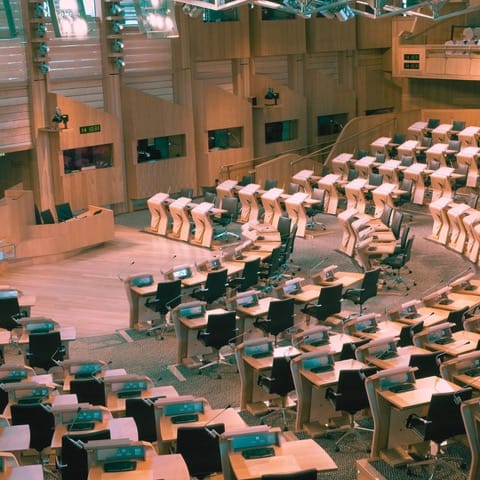There has been much talk of the UK going cashless, particularly because of the relentless drive of contactless. ATMs are reducing in number, especially as the banks in the UK now rake in £100 million a year in fees from the consumer. That machine that charges £1.99 to take out £20 is now a profit centre not a cost centre.
There is great gnashing of teeth about how certain sectors of society rely on cash and “don’t” do internet, and the closing of branches means some areas are slowly but surely being strangled in terms of that good old economic axiom, the Velocity of Money.
However, amidst all the “woke” trumpeting, a fact has been completely ignored.
Over the last 5 years, the amount of cash in circulation has risen by 24% to top £70 billion. Some of that is accounted for by inflation (perhaps 7% or so) but the rest is pure increase.
How and why?
People are making fewer trips to ATMs (not least because that £1.99 charge is a real disincentive) but are taking out larger sums. They are storing around the same amounts in the wallets in their pockets, but are very definitely sticking more under the mattress. This is confirmed by the lack of use of for example £2 coins, but the relentless rise in the number of £50 notes.
In Sweden a similar crisis of cash happened a couple of years ago when both IKEA and their equivalent of the NHS stopped taking cash – card only please. There was such an outcry that the government of the day enacted certain measures to ensure that cash would not disappear and would always be useable. We may have to do the same thing here (indeed, all countries may need to), but we have a very much larger cash circulation both absolutely and per head of population than Sweden, and indeed than most countries.
People have come to the realisation that cash is a good store of value. As of now, the interest you can earn on money in an account is so pathetic that you might just as well keep it in cash. The banks aren’t helping themselves here – Halifax recently dropped an account yielding 1.5% to 0.1% – and wondered why most of the deposits disappeared.
Crypto is helping people realise that stores of value are increasingly important. I’ve argued before that cryptocurrency should be viewed as another asset class and store of value. Yes flows of money are important, but the “sitting still” of money is equally so.
So let’s hear it for cash – “The Cash is dead, Long live the Cash”




